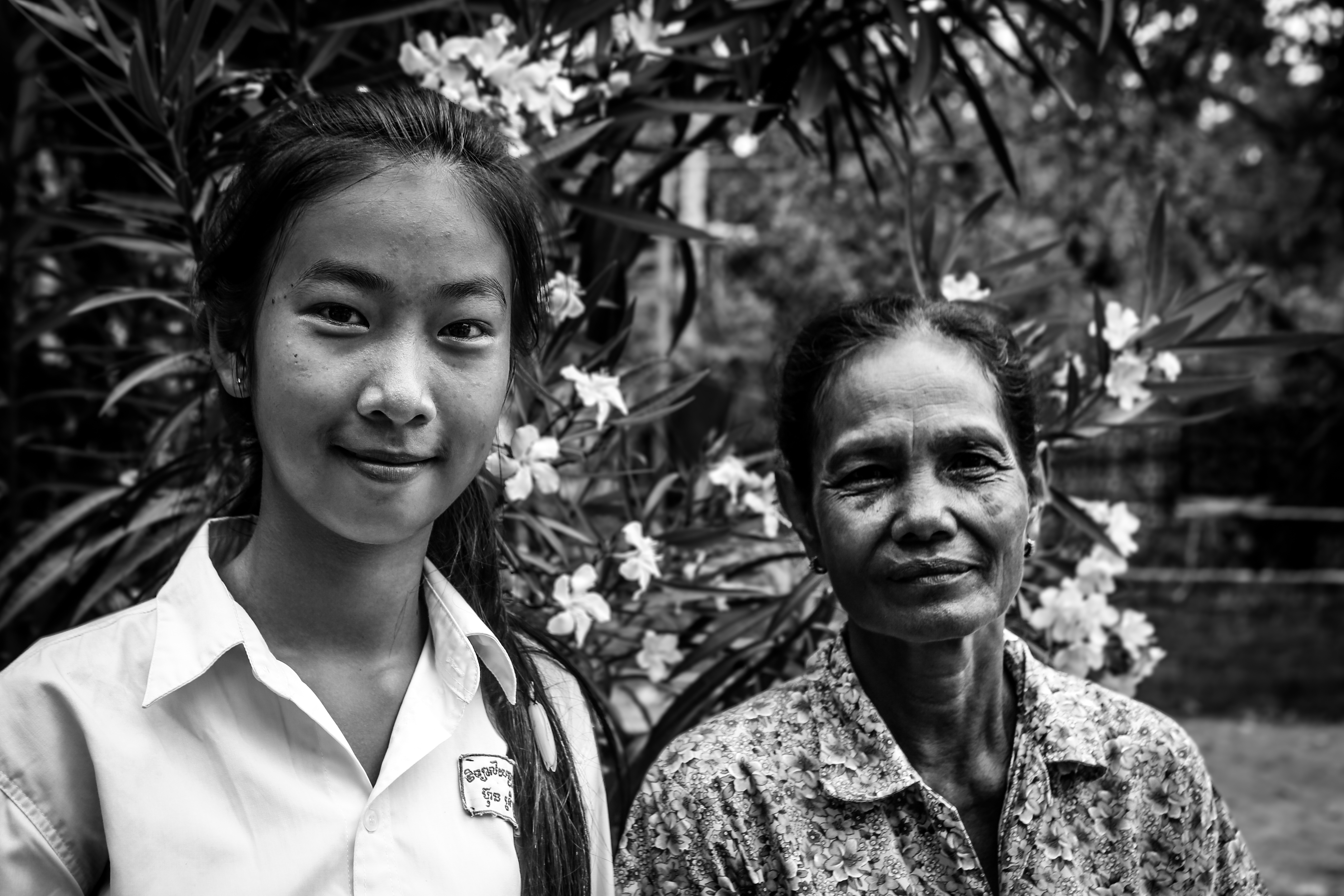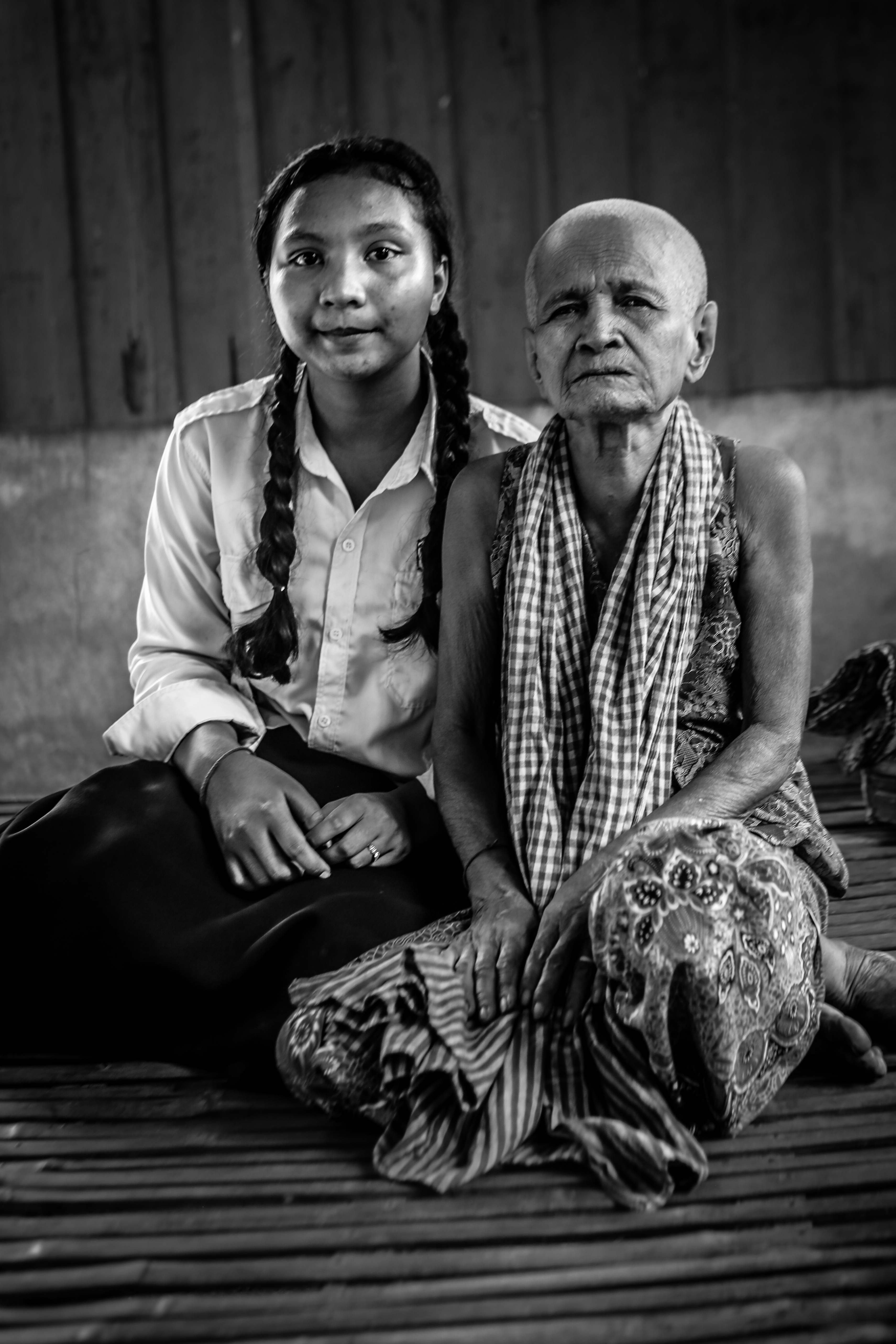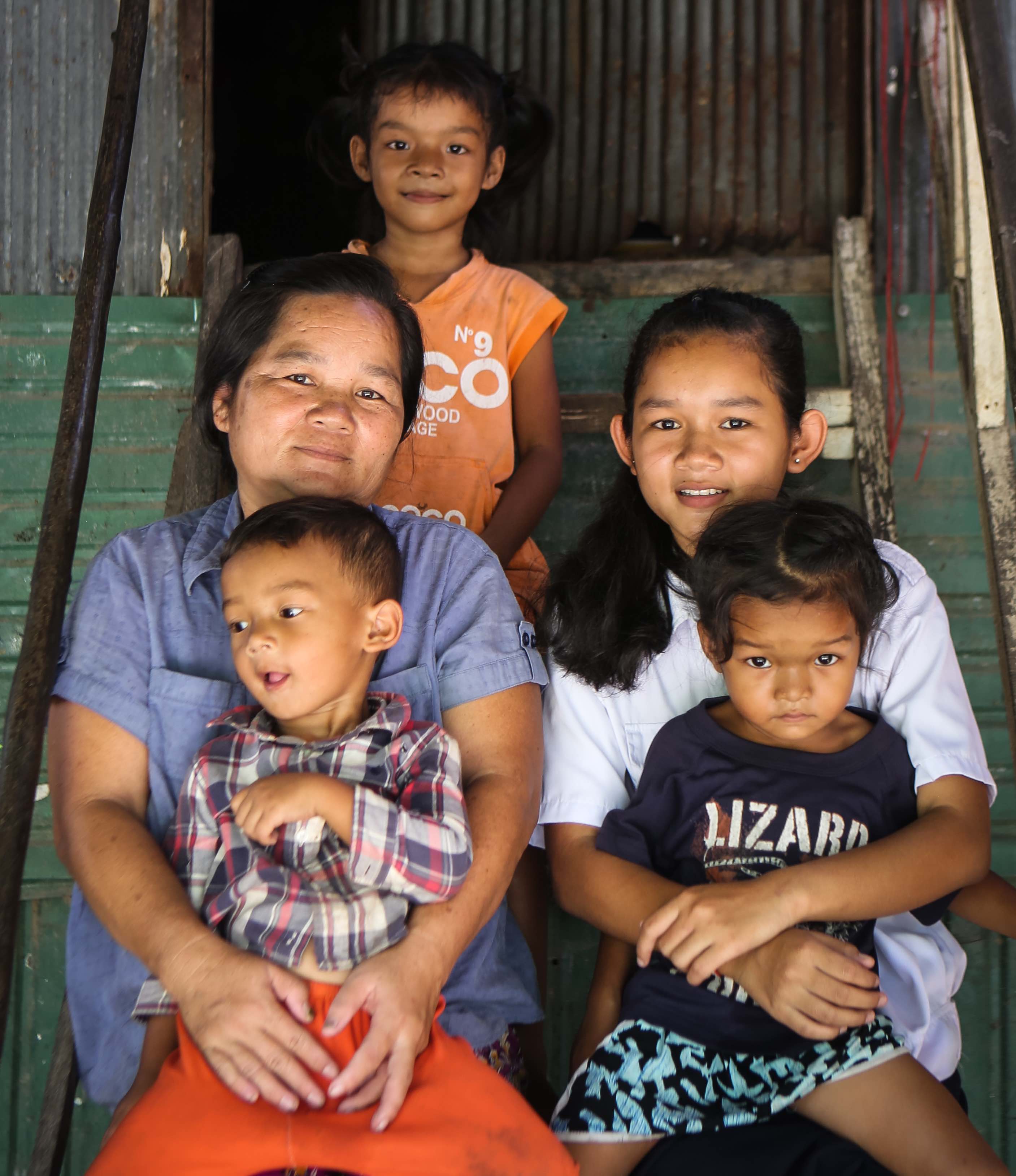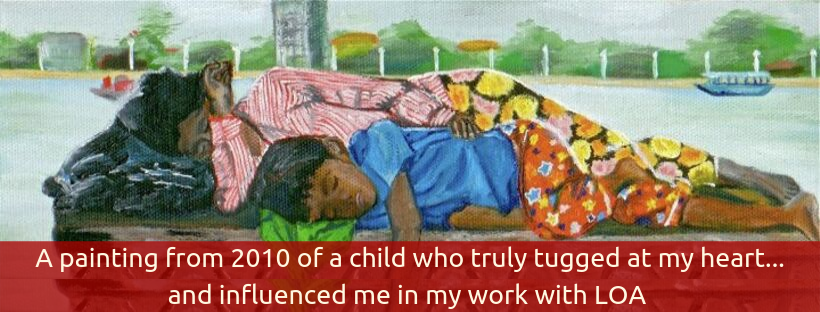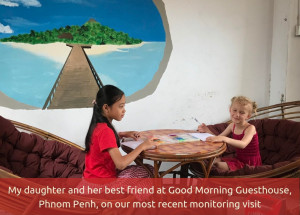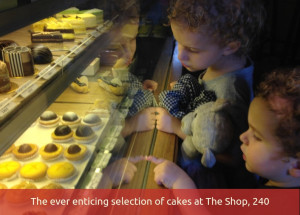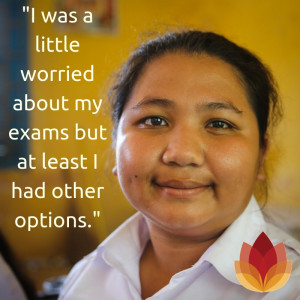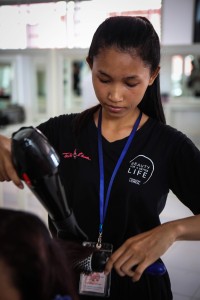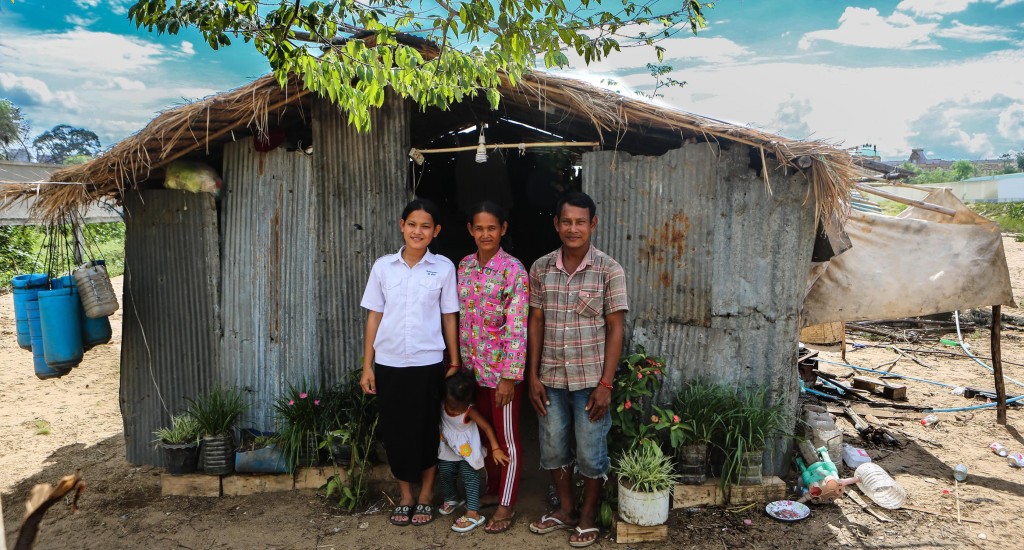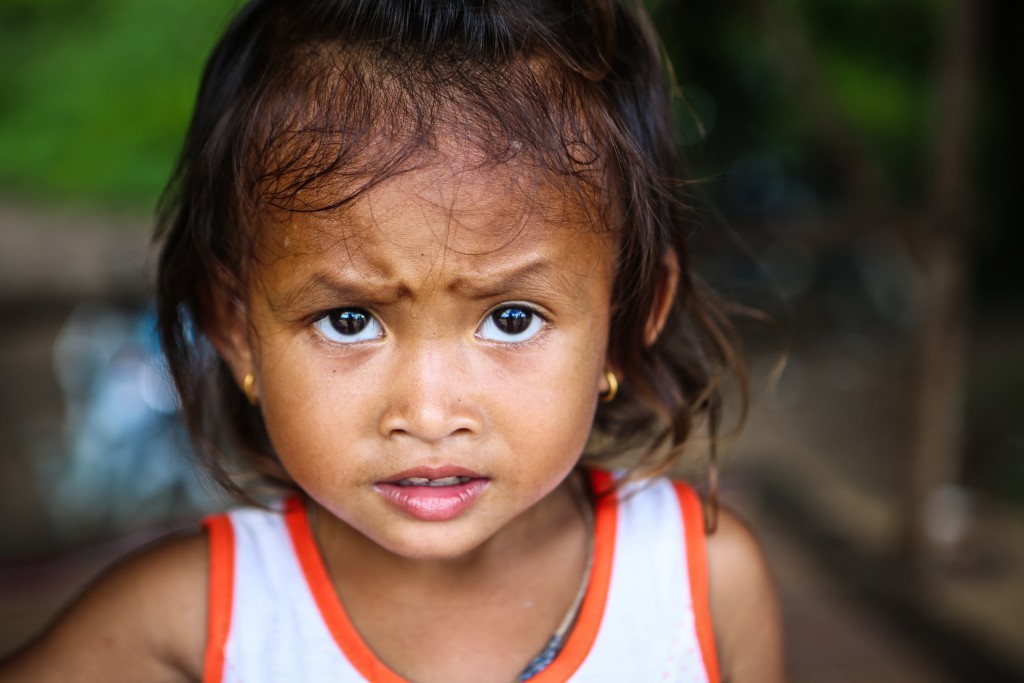As is the case in many countries, Cambodia closed its schools during the pandemic and this had implications for our GATE projects and the scholarship recipients.
Education continuity during times of emergencies should be a fundamental right for children.
It not only ensures students’ academic and cognitive growth, but has a significant impact on their psychological wellbeing.
As well as the educational and psychological benefits of such continuity, there are a number of benefits for our more socially vulnerable children, which includes the LOA scholarship students.
Education continuity in emergencies can:
- Reduce the risks of violence and exploitation
- Reduce the risks of gender based violence and sexual violence
- Prevent the separation of children from their families
- Prevent alcohol and drug misuse
- Provide direct psychological support and counselling
Governments around the world enacted their plans in the face of the Covid-19 emergency. One of the strategies of the Cambodian government for education continuity was to focus on grade 9 and 12 students, who are expected to sit national examinations this year. For these students, the Ministry of Education has developed a smartphone app with online learning opportunities.
And here is where inequality and poverty impacts. While much of the world, and indeed much of Cambodia, had access to smartphones, it is of course the very poor who did not. This included a number of the LOA GATE girls. Their ability to access the education apps is compromised by a lack of a smart phone and the costs of running the internet. For many families, these costs are overwhelming and simply put, enough to throw them over the edge in times of crisis when things are so uncertain.
Luckily for the girls in our GATE Program, they had support networks both in Cambodia and here in Australia. LOA worked closely with LOCAM and Cambodian Women’s Crisis Centre to assess the individual situations of each of our girls, to determine the best way forward. LOA funded the purchase of a number of smartphones by LOCAM, which were loaned to the girls for the duration of school closures. Loaning rather than gifting removes issues such as jealousy amongst scholarship students and others, and enabled us to consider contracts with the girls that support their online safety. In addition to ensuring that all our girls had access to a smart phone, we reallocated funds from tuition costs to cover the costs of accessing the internet.
While this helps girls keep up academically, it doesn’t ensure their safety and protection from the huge risks in their lives such as exploitation – one of the main reasons we support these girls in the first place. Our in-country partners therefore set up a series of online groups with all the girls, so that they could continue to monitor the girls, their educational progress, their safety and their wellbeing. Our LOCAM counterparts worked from home in Phnom Penh, and used these networks and groups to provide counseling and support.
